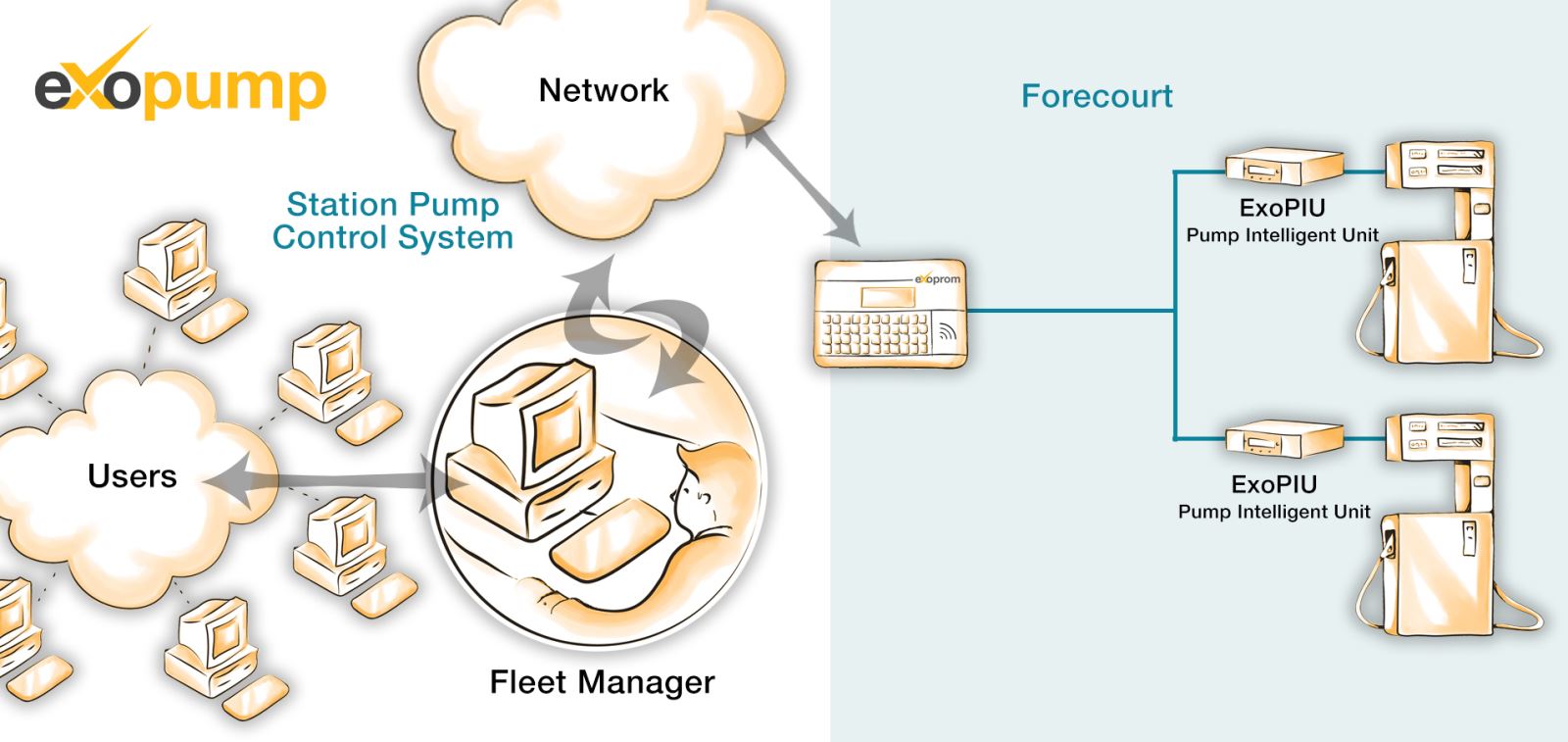Exoprom is ambitious with the many products it offers in Fuel Automation and Fleet Management Solutions. Exoprom has been developed by Creamobile engineers.
.png)
Exoprom is assertive with its many products in Fuel Automation and Fleet Management Solutions. Exoprom is entirely developed by Creamobile engineers.
Offering next-generation fuel and fleet automation, Exoprom leverages its 14 years of experience and expertise in the industry, advancing it significantly with the power of technology.
Based in Turkey, the company provides tailored solutions in fuel and fleet management for companies with their own refueling facilities or fleets. With the systems it has developed, Exoprom plays a crucial role in helping the companies it serves to use their resources more efficiently. Thus, it enables business partners to achieve savings of up to 35% while increasing operational efficiency.
Unlike its competitors, Exoprom can provide decision-makers with multi-layered reports. It reports data collected from various platforms through the "one source code" method. In addition, users can create their own "custom reporting" format with the flexibility provided by the software. This makes it easier to monitor and manage operations. Exoprom completes its seamlessly operating system with high-quality hardware produced, considering the toughest weather, road, and geographical conditions.
Exoprom is a flexible structure that can transfer technological developments to its users as an increase in productivity with applications developed in a very short time.

Companies can prevent fuel losses.
Fuel losses are not only a problem for companies in Turkey but a common issue worldwide. Significant losses can occur without the knowledge of company management or fleet owners.
According to statistics, diesel theft usually occurs from the tanks of stationary vehicles such as trucks, construction sites, parked trucks and machinery, municipal service vehicles in parking lots (garbage trucks, fire trucks, asphalt trucks, ambulances, shuttles, municipal buses, etc.), boats, and yachts' diesel tanks, and agricultural vehicles' fuel tanks.
However, it is possible to prevent these losses with the right precautions. Here are some precautions :
These systems should not incur significant infrastructure costs during installation. Additionally, when the fleet develops and grows or the nature of the work in the field changes, the system to be installed should be able to adapt to changing demands and show compatibility. The system to be installed should not halt daily operations in the field and all of these should be done at the most reasonable cost possible.
Ataşehir, İstanbul, Türkiye
Mersin Teknopark, Türkiye
Enfield, London, United Kingdom
